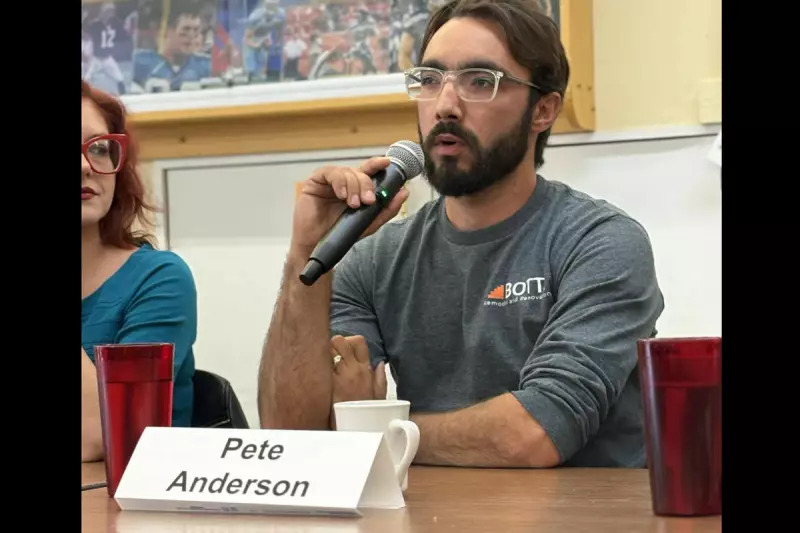
A Republican congressional candidate in Montana has proposed a radical solution to homelessness that's drawing widespread criticism: shipping unhoused people to a remote island and turning it into a tourist attraction.
Daniel Zolnikov, who's running for Montana's eastern district seat, made the controversial suggestion during a recent interview, arguing it would address the visibility of homelessness in urban areas while creating what he described as a "unique destination" for visitors.
Backlash and Ethical Concerns
The proposal has been met with immediate condemnation from homeless advocates and political opponents who describe the idea as dehumanizing and reminiscent of historical practices of isolating vulnerable populations.
"This isn't a solution - it's a human rights violation disguised as policy," said one local advocate for homeless services. "People experiencing homelessness deserve dignity and support, not to be treated as exhibits in some bizarre tourist attraction."
Political Fallout
Zolnikov's comments come amid a heated primary race, with opponents quickly seizing on the controversial proposal to question his judgment and fitness for office.
Political analysts suggest the remarks could damage Zolnikov's campaign, particularly in a state where practical solutions to social issues typically resonate more with voters than sensational proposals.
The candidate has defended his idea, claiming it would provide homeless individuals with "structure and purpose" while addressing public concerns about homelessness in city centers.
Broader Implications
This incident highlights the increasingly extreme proposals emerging in some political circles regarding homelessness, as cities across the United States struggle with growing unhoused populations and limited resources.
Critics argue that such approaches avoid addressing the root causes of homelessness, including mental health issues, addiction, and the affordable housing crisis.





